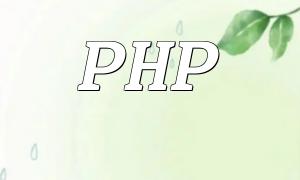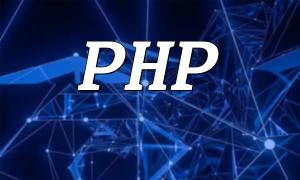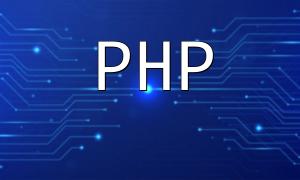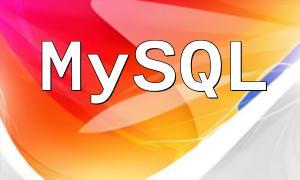With continuous technological advancements, PHP 7.4 brings significant performance improvements and new features. However, upgrading comes with compatibility challenges that cannot be overlooked. This article discusses common compatibility issues from multiple perspectives and provides practical improvement methods to assist developers in a smooth transition.
In PHP 5.6, error handling mainly relied on error_reporting() and set_error_handler(). PHP 7.4 introduces a more standardized and flexible exception handling approach.
It is recommended to replace legacy error handlers with exception mechanisms to enhance code robustness and maintainability. Example:
<?php
function customErrorHandler($errno, $errstr, $errfile, $errline) {
throw new ErrorException($errstr, 0, $errno, $errfile, $errline);
}
set_error_handler('customErrorHandler');
try {
// Business logic code
} catch (ErrorException $e) {
// Exception handling logic
}
PHP 7.4 has deprecated some older classes and methods that are no longer supported. Before upgrading, carefully review official documentation and replace deprecated interfaces with recommended alternatives to ensure compatibility.
PHP 7.4 optimizes and standardizes the handling of strings and arrays. For example, scenarios where an empty string previously represented false should now use the empty() function for value checking.
<?php
// Old code example
if ($str == '') {
// Handling logic
}
// Upgraded code example
if (empty($str)) {
// Handling logic
}
PHP 7.4 strengthens namespace capabilities and encourages clearer code organization. When upgrading, it is advisable to adjust namespaces according to the new standards to improve modularity and maintainability.
<?php
// Before upgrade
namespace MyNamespace;
// After upgrade
namespace MyNamespaceSubNamespace;
Beyond the key points above, other compatibility issues may arise during the upgrade. Developers are encouraged to thoroughly study PHP 7.4’s official change logs and documentation to proactively identify and resolve potential problems.
Upgrading from PHP 5.6 to PHP 7.4 is a vital step to enhance website performance and security. By adopting modern exception handling, replacing deprecated classes and methods, adjusting string and array evaluation methods, and optimizing namespace structure, most compatibility challenges can be effectively addressed. Understanding and applying these changes well will ensure a smoother upgrade process and fully leverage PHP 7.4’s advantages.
After completing the upgrade, your applications will benefit from improved execution efficiency and a more stable environment, supporting ongoing business growth.









